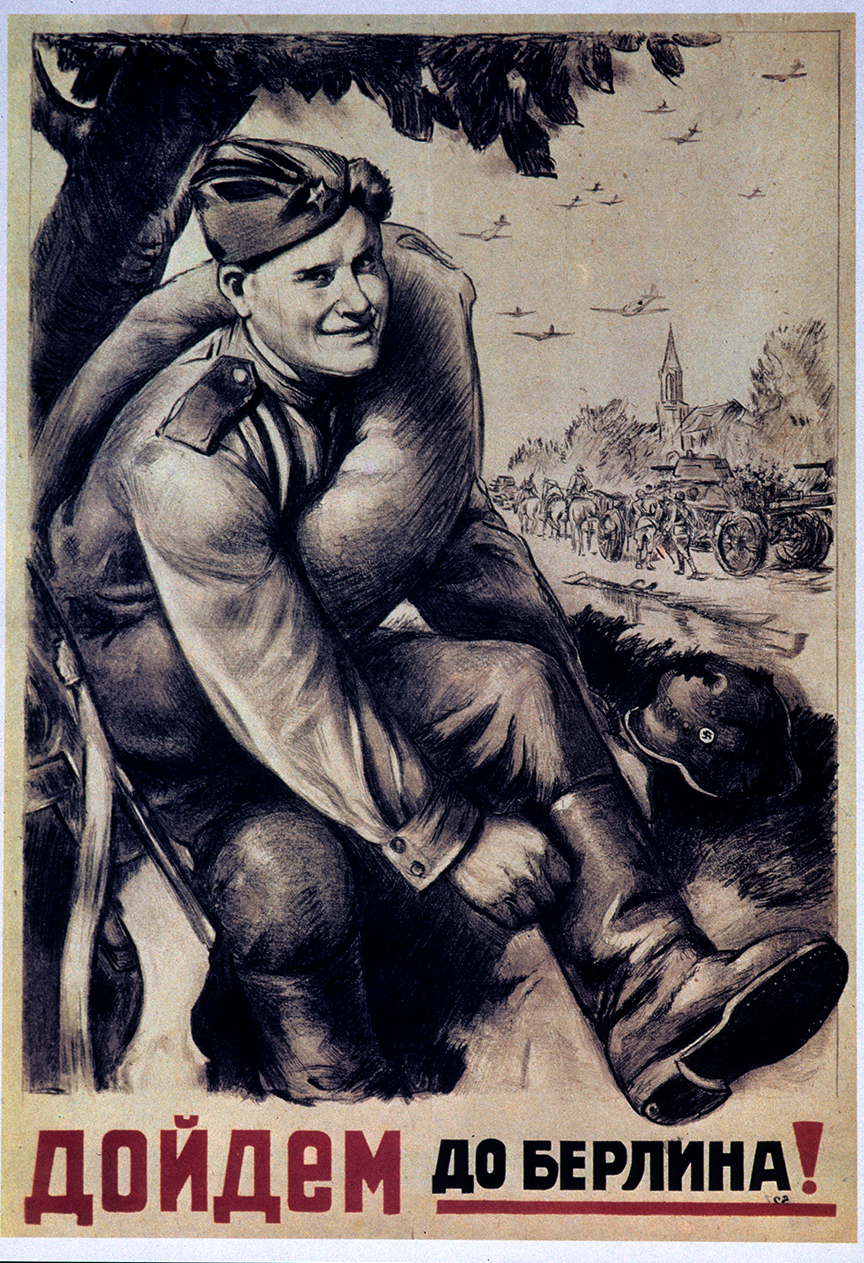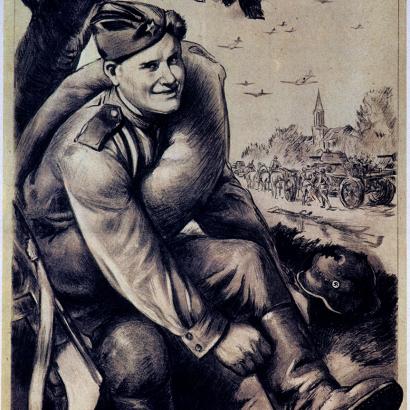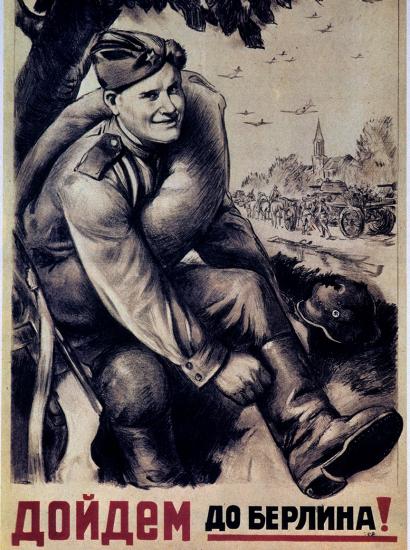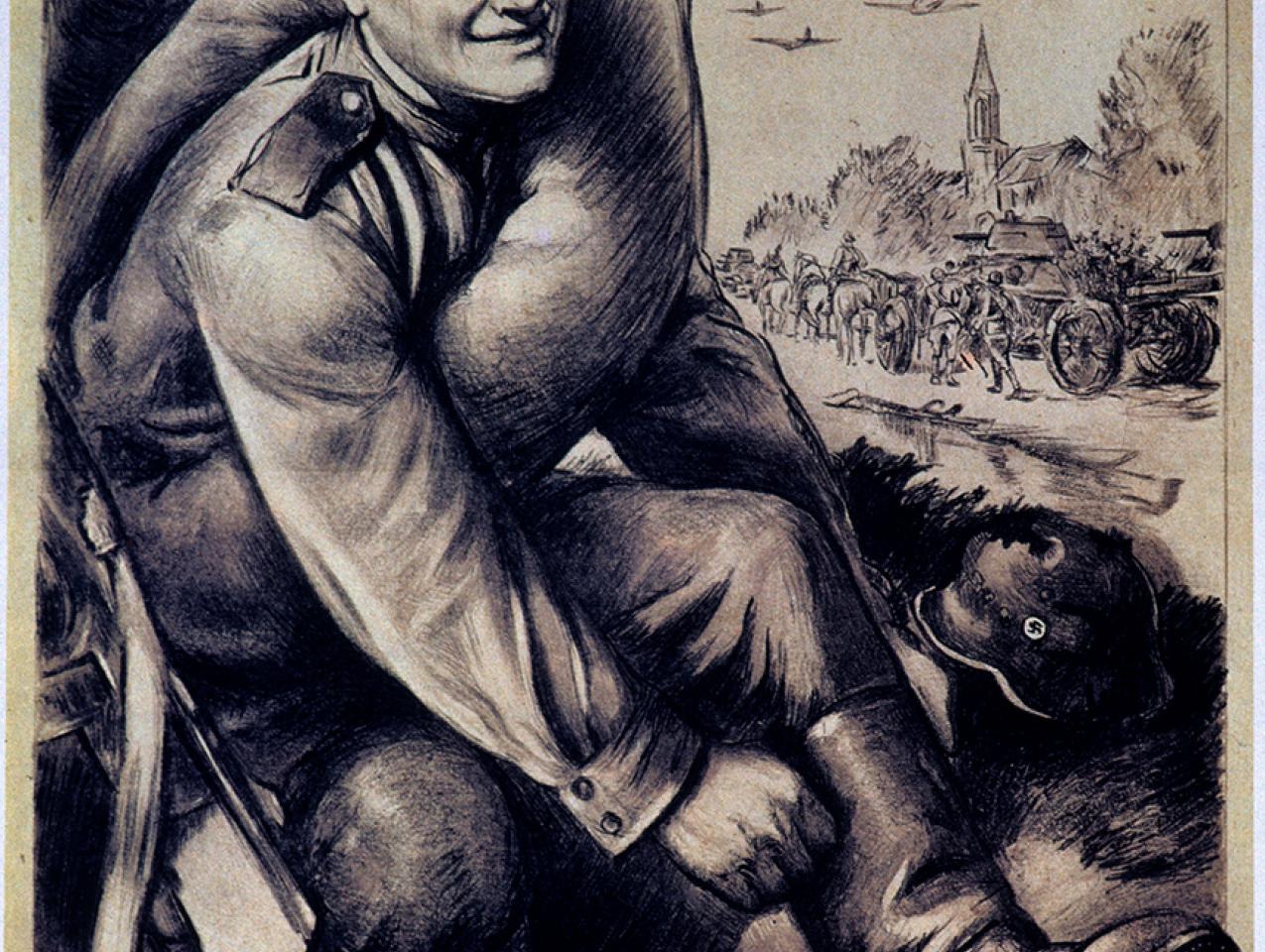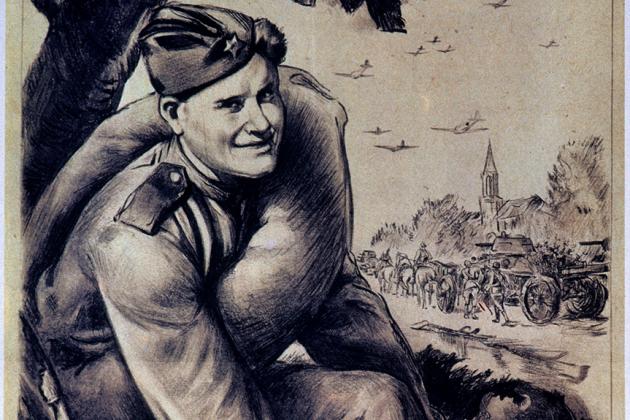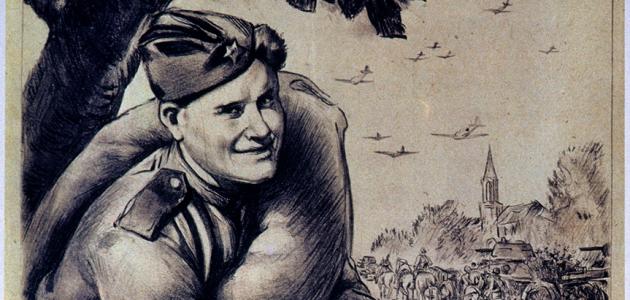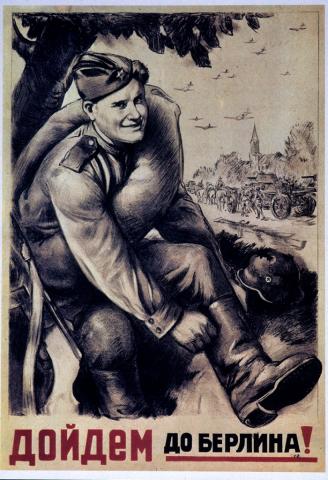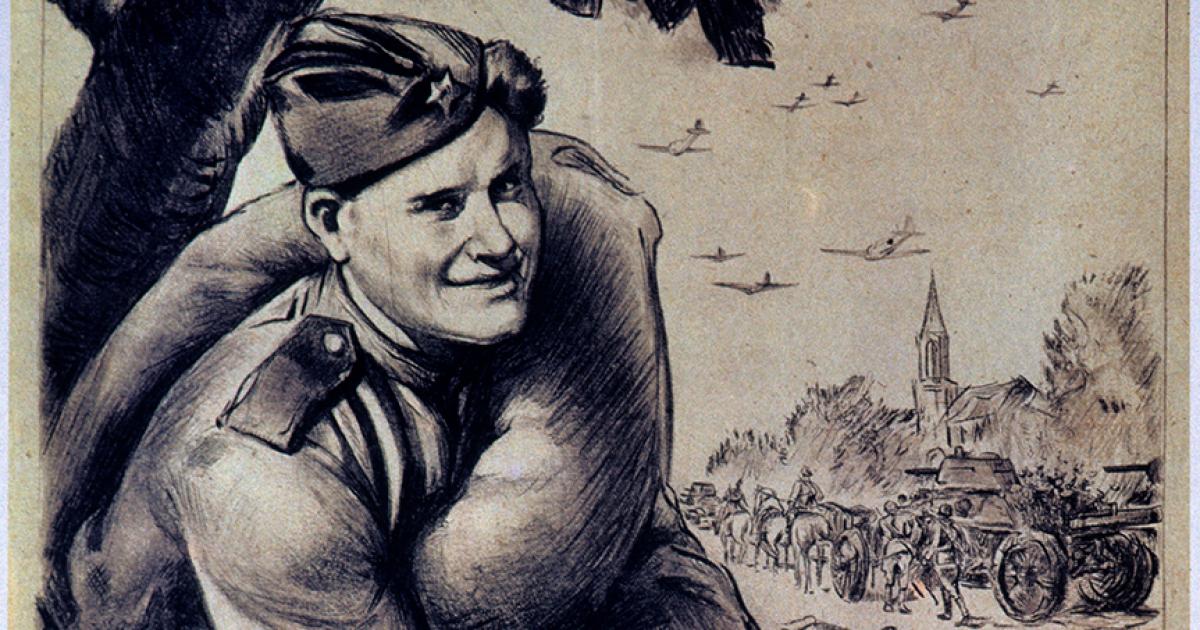- History
There is no question we are locked in Great Power competition with China while also facing a revanchist Russia and highly volatile and unstable Middle East. That we are facing these significant foreign policy challenges at a time when our country is struggling mightily with heightened partisan and ideological polarization, mounting debt, and acute governmental dysfunction make our already precarious situation all the more serious. Now more than ever, we can’t afford to fall into a strategic trap. Given global uncertainty and our vulnerable position, one major miscalculation could have existential consequences.
There is widespread consensus among national security experts today that after an unprovoked attack on its neighbor, an act of wanton aggression that flouts international rules, we can’t allow Russia to win in Ukraine. While I share this view, and as we pursue that righteous strategic goal, I’m increasingly concerned we are stumbling towards a major trap with potentially grave consequences for the United States and the world. I very much agree with Victor Davis Hanson’s assessment that although conventional wisdom downplays the risks of Russia using nuclear weapons given their repeated threats to do so with no follow through, we are actually underestimating the odds of nuclear escalation. The idea seems so illogical and unthinkable to us that we discount the strategic probabilities, and thereby prevent a focus on driving the true risk closer to zero. In this process, we fail to appreciate accurately the historical complexities associated with Ukrainian territorial claims, and the potential impact of NATO’s actions supporting Ukraine’s expanded use of military strikes inside of Russia, which are unprecedented in Great Power competition in the post-World War II environment.
At this critical junction, we should take a step back and contemplate the lessons of history before we take further steps. I contend we have other options available to us to deny Russia victory without incurring the massive risks of nuclear escalation and the potential monumental costs (blood, treasure, and national unity) should this conflict widen and bring us directly into that war.
For starters, we should remember who we are. At the outset of our country, the United States of America was founded as a republic, not an empire. Our first president, George Washington, warned us in his sagacious farewell address to be wary of “foreign entanglements” and to avoid long wars that have a track record of draining the treasury, dividing the nation, and providing cause for governments to trample on liberty. Early American grand strategy was grounded in realism and based on credible deterrence, not an interventionist approach to national security.
Blessed by geography and bolstered by wise decision-making over the years, the American republic emerged from World War II as the de facto leader of the free world. Determined to avoid a third world war in the same century, the U.S. employed its formidable diplomatic skills to inspire the creation of the United Nations and NATO. These multilateral institutions, especially NATO, were designed to strengthen collective deterrence and aid in global diplomatic conflict resolution and de-escalation.
During the early years of these nascent organizations, there were pressures to expand their charters and otherwise fall into the trap of mission creep. In 1954, a signal moment came when the communist Viet Minh laid siege to French forces at Dien Bien Phu. The U.S. faced a major strategic decision––whether or not to get involved in a proxy war in Southeast Asia with the world’s major communist powers, the Soviet Union and China. A now declassified memo from then-Chairman of the Joint Chiefs, General Matthew Ridgway made clear the Joint Chiefs analysis and advice to the Secretary of Defense and Commander-in-Chief, President Dwight Eisenhower, the former Supreme Allied Commander of Europe during World War II. Ridgway urged realistic thinking in pursuit of clearly defined and achievable strategic goals. He argued that if we were not prepared to do what’s fully necessary and required to achieve those goals—in this case to “destroy or neutralize” the source of power for the Vietnamese communists (especially in China)—we should not intervene.
Complicating that calculation, however, Ridgway added further that the risks of nuclear escalation with its associated unimageable consequences, rendered the course of action of going to war with China to deny the Viet Minh their power source ultimately not worth pursuing. Therefore, he recommended against military intervention at Dien Bien Phu. Eisenhower concurred, and we stayed out of the conflict. As history records, however, after the Eisenhower administration, the U.S. changed course, escalated in Vietnam without a plan to deny the Viet Minh their international sources of power. And as Ridgway so adeptly predicted, we lost that war, taking heavy combat losses and incurring huge federal deficits in the process. Moreover, these fateful decisions ripped the nation apart and helped set in motion the vitriolic and dysfunctional macro politics of today’s American crisis.
We face another fateful decision now with Ukraine. As Victor Davis Hanson suggests while insightfully invoking the Gordian Knot lesson from Greek mythology, unlike Alexander who acted without much thought and suffered significant consequences, we should approach the vexing complexity associated with our upcoming decisions with due caution. We can also draw lessons and inspiration from our own recent history. Indeed, in the 1980s, in a return to Eisenhower-era Realpolitik, the Reagan administration did much to strengthen our deterrence while adroitly stepping up diplomatic efforts to end the Cold War on our terms. It worked and we helped change the world for the better. Artful diplomacy informed by Realpolitik and pursued from a foundation of “Peace Through Strength,” is clearly relevant and needed at this moment.
We need to learn from history and from our mistakes. If we listen carefully, we can hear Ridgway warning us against doing what at first thought looks desirable and instead exercising clear strategic thinking and decision-making based on vital national interests and what’s achievable within acceptable risks factors, and thus avoiding the strategic trap of escalation in Ukraine.
Escalation is not necessary to achieve our primary strategic goals. The considerable risks associated with the current path we are on in terms of a possible nuclear exchange or broader regional or global war, warrants fresh thinking and a different course of action. As I’ve outlined in an earlier Strategika essay, we should instead work diplomatically to end that war in such a way that denies Russia victory, simultaneously uniting all of Europe and reorienting it towards China to check and shape its rise to our advantage. Will that be hard? Yes, it will, but few thought that the U.S. could win the Cold War without starting a hot one, and recently we surprised the world again by helping forge the Abraham Accords. We did both grounded in realism from a position of strength, with clear-eyed vision and rock-solid determination, and above all else, remarkable diplomatic skill. We can do it again.







